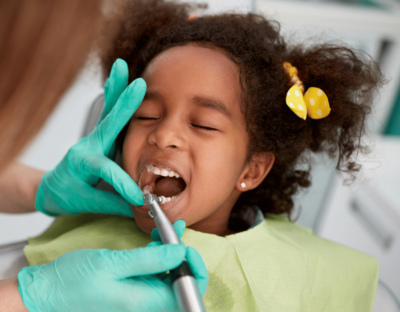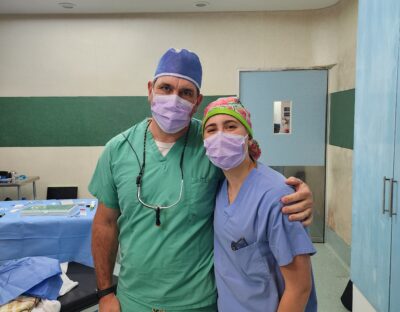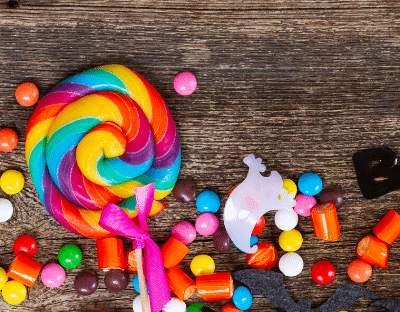February is Children’s Dental Health Month

February is National Children’s Dental Health Month, and at Pediatric Dental Associates our dentists and staff wanted to share tips for parents and raise awareness of the importance of children’s oral health and pediatric dental care at an early age.
A parent’s first step involves establishing a dental home for their child by their first tooth or first birthday. During this time, parents/guardians will have the opportunity to ask questions and address any dental concerns at the primary visit.
First Tooth, First Birthday, First Dental Visit.
New parents often ask, “When should my child first see a dentist?” It’s never too early to start focusing on your child’s oral health! The American Association of Pediatric Dentists recommends children to have their first dental visit by the time their first tooth begins to emerge or by their first birthday. During this time, one of our pediatric dentists will gently swab the child’s mouth to check their gums and any erupted teeth. As the child starts teething, the dentist will monitor their progress and implement preventative measures for any concerns with your baby’s teeth.
Protecting Tiny Teeth
Baby teeth are important because of the space they save in your child’s mouth for permanent teeth. Your child’s baby teeth will be in their mouth for 8 to 10 years! They also affect their speaking, chewing, and, of course, smiling. Baby teeth can also indicate a child’s overall quality of health. Untreated tooth decay can cause oral infections that enter the bloodstream and lead to other serious health problems, while also allowing bacteria to spread to new adult teeth.
While daily brushing is an important part of a child’s oral hygiene routine, bacteria that causes tooth decay can still linger between teeth where the toothbrush can’t reach. That’s why it’s so important to help your kids incorporate flossing in their daily routine.
One significant oral health risk for infants and young children under the age of 1 is from baby bottle tooth decay. This occurs when your child consumes sugary liquid and bacteria in their mouth consume the sugar and produce acid. This acid attacks the enamel on baby teeth can trigger tooth decay after continued exposure. Liquids that contribute to this condition include milk, formula, fruit juice, soda, and any other sweetened drinks. If your child needs to sleep with a bottle, water is the safest option without any risk.
Tips for Maintaining Your Child’s Oral Health
In addition, our pediatric dentists at Pediatric Dental Associates recommend the following oral health tips to maintain a healthy smile and prevent children from getting cavities.
- Brush for two minutes, two times a day.
- Don’t forget to floss!
- Make regular dental appointments for teeth cleanings and to minimize any damage with early treatment.
- Replace your child’s toothbrush every three to four months.
- Eat a tooth-healthy diet (limit sweet and sticky foods).
Call to schedule your child’s pediatric dental appointment at 877-PDA-KIDS.
Serving Lots of Happy Patients
"I’ve been going to Pediatric Dental Associates since I was a child, now I take all 3 of my children there. Great office! Love Dr. Sara, and the my two favorite hygienist…" Read More
"My daughter has special needs & going to the dentist is very difficult for her. Every time she goes she is treated with great care & her needs are always remembered and…" Read More
"How many people can say that their children love going to the dentist? I'm not sure of the stats, but I can raise my hand. From the front desk staff to the…" Read More



